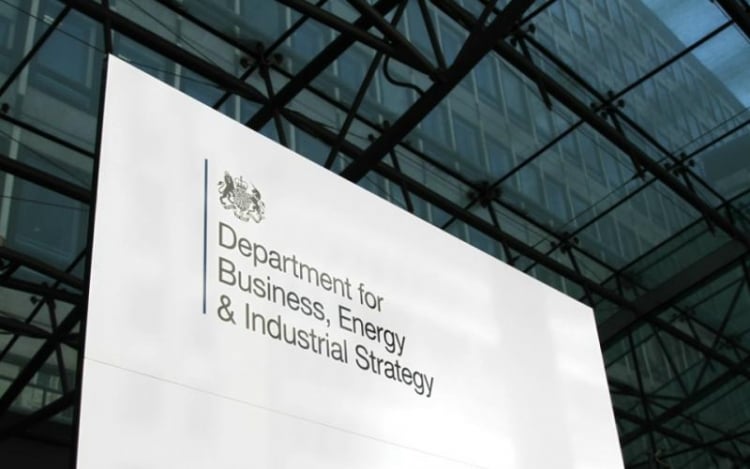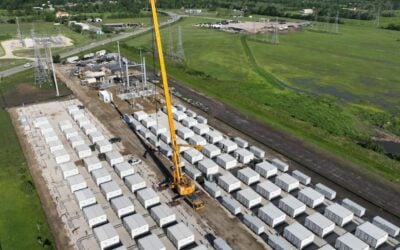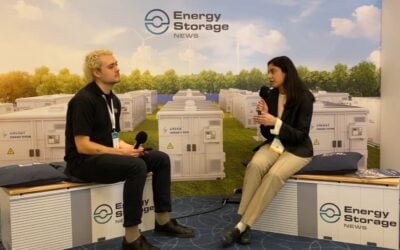
Britain’s government is seeking to remove a significant hurdle for utility-scale co-located storage sites, enabling projects with combined capacities in excess of 50MW to proceed without requiring government consent.
The Department for Business, Energy and Industrial Strategy (BEIS) has today consulted on amendments to planning policy which could see co-located storage projects with combined capacities beyond the current 50MW threshold allowed to proceed without requiring Nationally Significant Infrastructure Project (NSIP) approval.
As it stands, and with storage technologies now being universally treated as a form of generation, co-located projects are treated on the basis of their combined capacities, creating what BEIS has identified as a potential hurdle to co-located projects coming to fruition.
Projects with generating capacities in excess of 50MW must seek NSIP approval, a lengthy process which ultimately requires planning consent from the sitting energy secretary.
Try Premium for just $1
- Full premium access for the first month at only $1
- Converts to an annual rate after 30 days unless cancelled
- Cancel anytime during the trial period
Premium Benefits
- Expert industry analysis and interviews
- Digital access to PV Tech Power journal
- Exclusive event discounts
Or get the full Premium subscription right away
Or continue reading this article for free
Following an initial assessment of the status quo, BEIS is eyeing amendments to the Planning Act which would treat co-located projects differently, disaggregating the storage capacity from the other generator.
That change would allow co-located projects to apply for consent from the local planning authority even if the combined capacity exceeded 50MW, as long as both elements – the traditional generator and storage technology – were below the 50MW threshold individually.
BEIS considered that the change was necessary owing to storage’s potential benefits to the grid, as well as allowing other generators, especially renewables with variable outputs, to offer wider benefits than just capacity generation.
BEIS had also considered whether the 50MW threshold was appropriate for storage technologies given their more significant benefits to the grid but, following the department’s initial findings that network connection costs, project CapEx and issues surrounding revenue streams to be more significant hurdles, is minded to maintain that threshold.
The consultation is seeking views from the industry and is to remain open until 25 March 2019, after which the government will review the submissions and issue a response in due course.
Frank Gordon, head of policy at the Renewable Energy Association, backed the proposals.
“With this consultation the government is proposing to make it easier for grid-scale storage to secure planning permission, which will remove a crucial barrier to this promising sector’s growth and in turn will support job creation in clean tech design, manufacturing, and operations,” he said.





